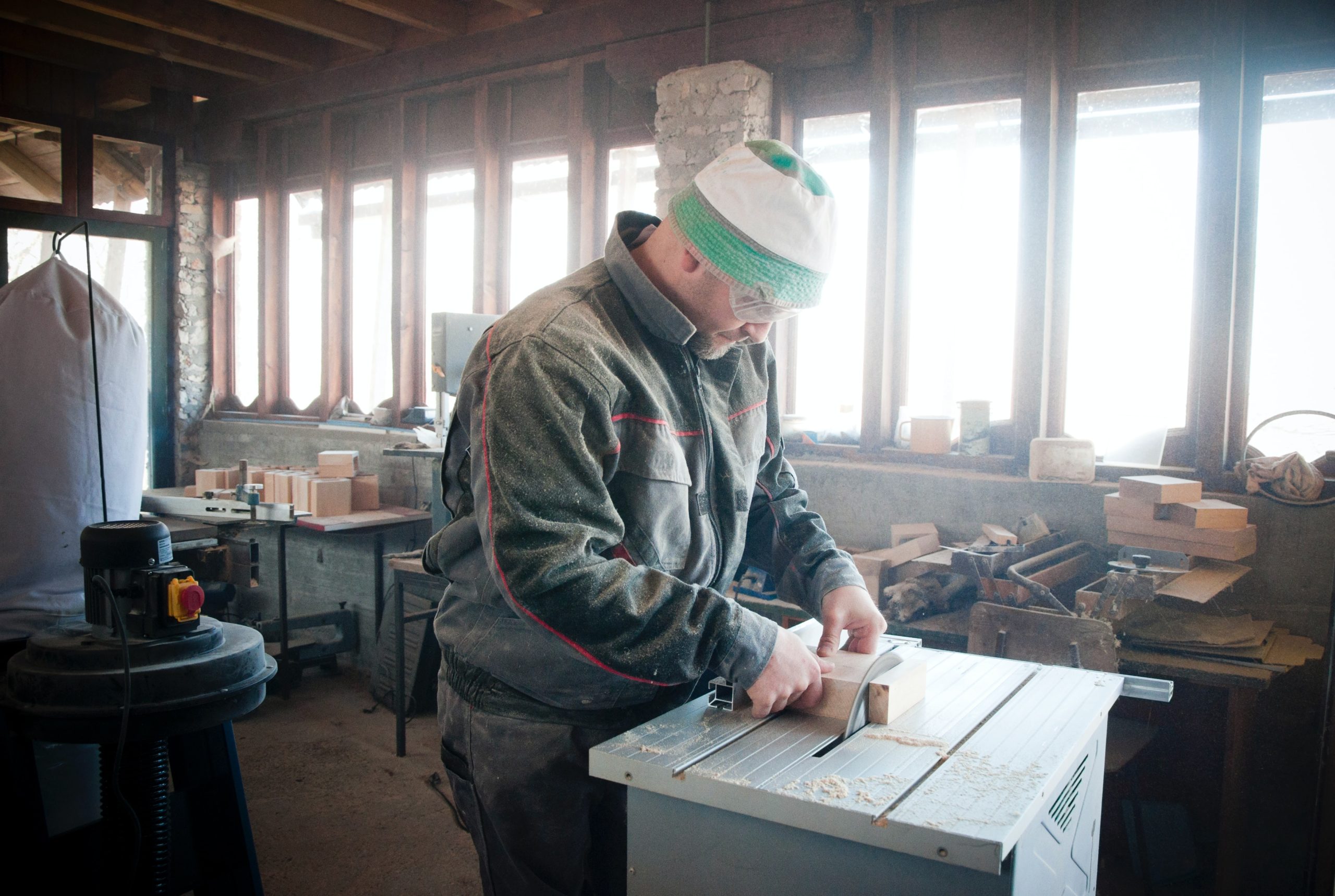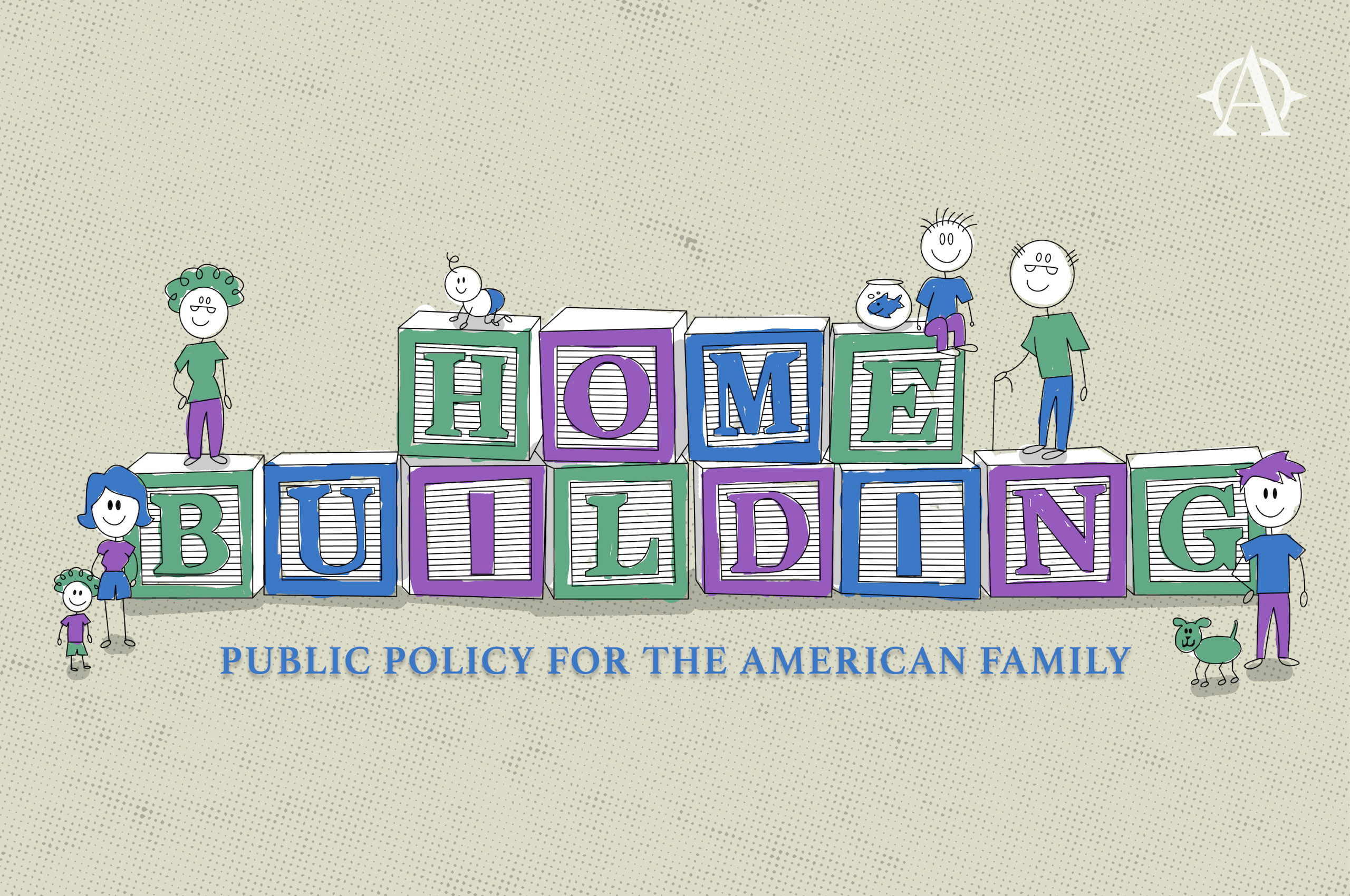

RECOMMENDED READING
When it comes to the relations between the sexes in America, a lot has changed since the 1960s. But at least one thing has not: the vast majority of women still prefer to marry a man who is a decent breadwinner.
Unfortunately, a growing share of men without college degrees no longer meet this bar. With few “marriageable” men employed in the kinds of decent-paying occupations that make them attractive as potential husbands, marriage has slipped out of reach for far too many poor and working-class Americans.
This problem lies, at least in part, with the “college-for-all” framework that dominates all too many schools. Most young adults—especially young men—do not graduate from college. Only about one-third of Millennial men have a bachelor’s degree. Yet our attention and dollars are overwhelmingly devoted to the college track. Current federal and state funding for higher education totals about $150 billion. But only $1.9 billion in funding is devoted to vocational education in high schools and community colleges.
This relative dearth of public funding or support for Americans who aren’t college-bound reflects the basic failure of our educational institutions. Too many of our schools discount the potential of less academically minded children and fails to offer them the education they need to build a flourishing personal and professional life.
As a result, far too many high school students—especially young men—spend critical years of their development struggling in classes that bore or overwhelm them and fail to offer them a path to a stable career—much less a clear sense of vocation and direction. After high school, many of these young adults move in and out of dead-end jobs without accumulating the self-confidence and salary that would make them good candidates for marriage. Others drift out of the workforce entirely. Even before the COVID-19 pandemic, nearly seven million prime-age men were not looking for work.
But there is a solution. Schools across the country have begun to develop strong vocational alternatives to the four-year college pathway. These career and technical education (CTE) programs ground education in real-world skills and encompass everything from culinary education to advanced manufacturing. Research suggests that CTE programs boost high school graduation rates and test scores. But most importantly, they put young adults on a pathway toward a stable and decent-paying career and confer dignity upon young adults who might otherwise feel they have nothing to contribute.
Take, for example, Career Academies. Career Academics are specialized learning communities in high schools that offer students—especially young men who are struggling academically—rigorous, career-oriented courses in a close cohort of peers and teachers. They also offer on-the-job internships and work-based learning opportunities. Young men participating in these programs earn more than similar peers who do not.
But Career Academies and other CTE programs do more than offer young men a pathway into decent-paying, stable jobs and instill confidence that their interests and talents are worthy of cultivation. They make them marriageable: young men who attend a Career Academy are not only more likely to flourish in the workforce, but more likely to marry.
To better address the nation’s marriage divide, policymakers should devote at least one-third of federal and state education spending to CTE, internships, and apprenticeships. Meanwhile, superintendents, principals, and headmasters working in public and private schools should dramatically expand the number of high-quality vocational classes and programs available to high school students.
If we are dedicated to renewing the fortunes of marriage and family life in this nation for those without a college degree, we must do more to boost the fortunes of vocational education in America.
[Note: This post is from the policy forum 7 Proposals to Make America More Family-Friendly. This piece was written with assistance from Peyton Roth, a research associate in poverty studies at the American Enterprise Institute.]
Recommended Reading
7 Proposals to Make America More Family-Friendly
Writers and analysts from across the right-of-center apply a family-focused lens to contemporary policy challenges.
Why Bother With Family?
If conservatives do not speak for the family, who will?
Escape from the Working Class
Discussions about policies to help the multiracial American working class majority as a whole typically take a detour into the completely unrelated subject of how to help individuals escape from the working class.












